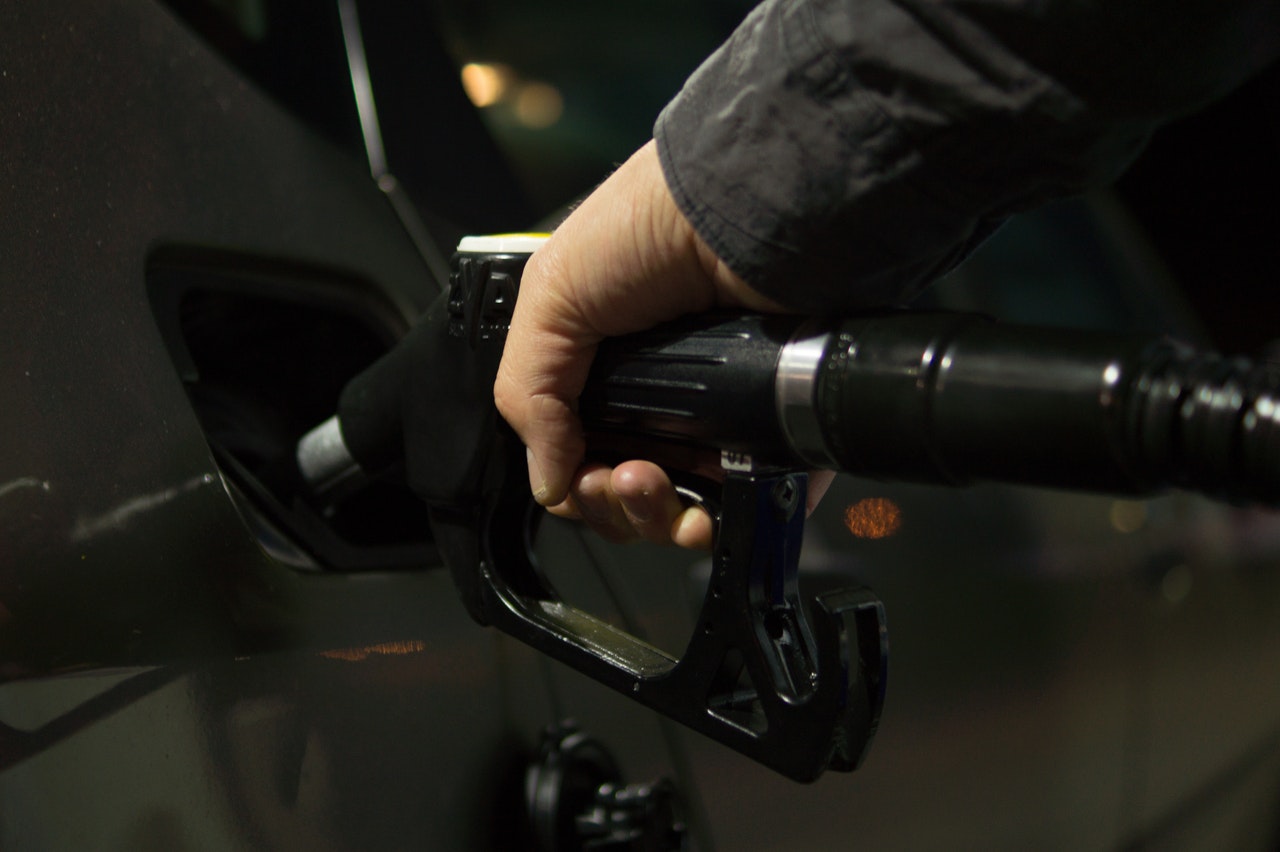
Did you know that the fuel efficiency of cars significantly increases during cold, winder months? Tests reveal that when temperatures fall between 77°F and 20°F a standard vehicle’s mileage can drop down 12 percent. Additionally, hybrid cars reveal far worse figures, with up to 34 percent drop in overall performance during low temperatures. It’s no wonder drivers dread using their cars during winter as a result of poor fuel efficiency.
Here are some of the reasons why fuel efficiency drops during winter:
- A car engine needs ample time after ignition to reach its peak fuel-efficient temperature. During colder months, reaching optimal fuel-efficient temperature takes longer resulting in lower fuel efficiency even when driving short distances.
- Reduced tire pressure during winter greatly reduces tire traction resulting in increased resistance.
- Winter gasoline delivers less energy per gallon than regular gasoline.
- Aerodynamics during colder months contribute to poor fuel efficiency as colder air causes drag at high speeds.
- Additional comfort features such as defrosters and heater seats require more power from the vehicle resulting in greater fuel consumption.
The good news is that there are many ways that drivers can implement during wintertime to improve fuel economy. Here are some proven tips and tricks that you can apply once the colder months set in:
- Refrain from taking short trips
A vehicle takes a longer time to warm up during winter compared to spring or summer months. Driving over short distances results in poor fuel economy as most of your time will go into warming up the engine. With this in mind, it’s best to combine trips to maximise time and boost overall fuel efficiency.
- Check tyre pressure often
Ideal tire pressure levels should be observed during winter to maintain fuel economy. You may use a gauge to check the tire pressure and carefully calibrate the right tread depth to establish optimal traction. Visit the petrol station every so often to ensure that your vehicle tyres are set at the recommended pressure leading to fuel efficiency.
- Reduce idle time
When the engine is on idle for a long time, your car’s overall fuel economy suffers. Driving the engine warms up the engine at a faster rate; hence idling the engine for up to 30 seconds is most recommended by manufacturers.
Other helpful tips to boost fuel efficiency include parking your vehicle in warm spaces and wearing warm garments instead of relying on seat warmers and defrosters to stay warm during your drive.
Experts also recommend removing additional car accessories such as roof racks to reduce drag and the use of the recommended petrol for wintertime to ensure greater fuel efficiency.
Foregoing the cruise-control feature also helps improve fuel economy. It helps you avoid skidding on slippery roads therefore contributing to fuel efficiency.
- Park in the garage
Parking your cars inside the garage contributes greatly to their fuel economy. You can avoid those few minutes of exposure to the elements while warming up your car and eliminate the hassle of brushing off ice and other debris from your windshield.
Bear in mind that when temperatures drop, engine fluids become thicker which translates to more energy utilization to thin our lubricating fluids for various vehicle components. Notice that when you start parking your car in the garage, you’ll experience fewer runs to the petrol station. This practice also ensures that your vehicle will be in excellent condition over time.
- Avoid warming up your car
You don’t always have to warm up your car before driving on the road. As mentioned earlier, idling the vehicle is ineffective not only for your car’s engine but for your tyres as well. Instead, drive slowly and carefully. It is important to note that a vehicle’s engine warms up faster when it is in motion, saving petrol and slowing the heat to kick in sooner.
- Unload your trunk
Unpacking the trunk is an excellent fuel saver regardless of season. By rule, the more weight you carry, the harder your car works to maintain its movement at ideal speeds. Unload all unnecessary items that you’ve been carrying in your backseat and trunk to help boost fuel economy.
There are indeed many ways by which you can save money while driving your car during colder months of the year. Make sure to follow these tips and experience an improvement in your fuel efficiency. If you need more expert advice on how to take good care of your car this coming winter season, you can always rely on HP Automotive. We are a trusted auto mechanic shop serving residential and commercial vehicles in Sydney. Our team consists of experienced and skilled car mechanics who are knowledgeable and skilled in repairs and car servicing solutions. For more information, you may call our direct line on 02 9979 8372 today.
